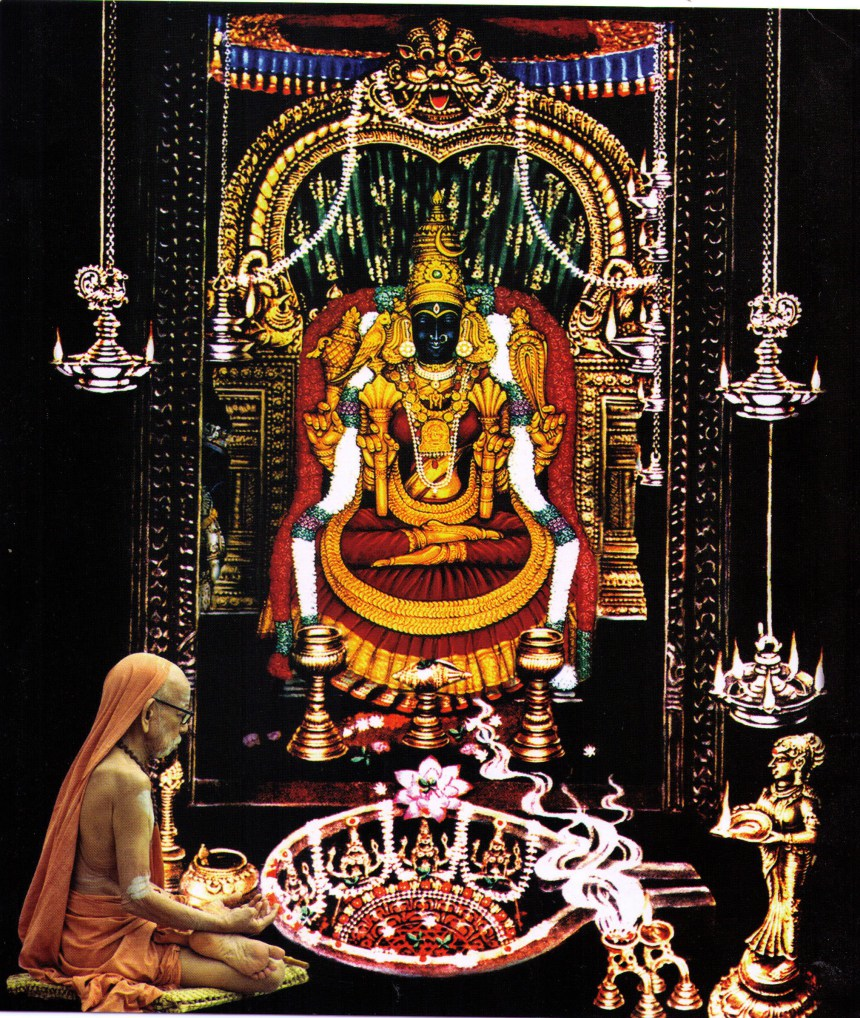It is to be regretted that, while the rules and injunctions of the dharmasastras are conveniently disregarded, certain popular customs prevalent in this part or that part of the country are being followed as if they had sastric validity. For instance, the belief has gained ground that the upanayana of a son must not be performed if he has an elder sister yet to be married. Another belief is that three brahmacarins must not stay together in a family at the same time. The upanayana of boys is delayed on this pretext. It is not right to go against the dharmasastras in preference to such popular customs and disregard the upper age limit fixed by them for the upanayana samskara. The customs mentioned above must have originated as a matter of convenience or for some sentimental reason. Popular practices may be followed so long as they are not contrary to the dictates of the dharmasastras.
Let us quote here again what Apastamba says concluding his dharmasastra: "What I have dealt with so far does not exhaust all the rules. There are still many more. These must have evolved according to the custom of the family or the region concerned and may be known from women and members of the fourth varna..." We must, however, remember that Apastamba does not want us to go against the dharmasastras.
The upanayana samskara must not be postponed on any pretext whatsoever. Sometimes the marriage of a girl is delayed because the parents do not have enough money to meet all the wedding expenses. This is also not justified and is against the sastras. I will speak about it later when I deal with the vivaha(marriage) samskara. There is a lot of "show" in our weddings and this has come to be accepted as inevitable. Even if we, for our part, do not like any lavish display at weddings we yield to the wishes of the groom's people. The marriage of a girl is delayed until her parents manage to raise the money to celebrate it in a big way. It is also held up because a suitable groom does not turn up. Then there is the problem of the groom's people giving approval to the alliance.
There are no such reasons for the "thread ceremony" to be delayed nor is there is any compulsion to make it expensive. It is not like a marriage in which we have to take into consideration the views and wishes of the groom's people. So there can be no valid excuse for failure to perform the upanayana of a son at the right time. The delay is unforgivable on any count.

